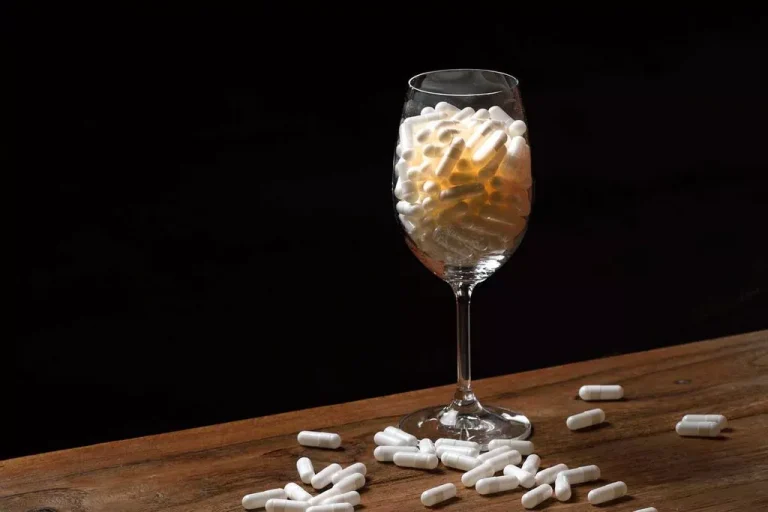
However, it’s important to note that these medications aren’t magic. They work best in conjunction with other treatments, such as counseling. Moreover, they might have contraindications with other medications or medical conditions. Before considering these options, it’s essential to discuss with a healthcare professional who can provide guidance on potential risks, benefits, and monitoring. Mindfulness is the practice of being present and aware of our thoughts, feelings, and surroundings. When it comes to stopping alcohol cravings, this present drug addiction moment awareness is a powerful tool.
When you stop drinking and go into acute alcohol withdrawal, your cravings will be at their most intense.4 Medical detox programs can help you manage these symptoms. In this phase of recovery, your body needs to readjust to functioning without alcohol. You might feel a loss of control or an overwhelming desire to consume alcohol, even if you know it would have negative consequences. There are some clear neurochemical reasons you might experience cravings. Some small clinical studies have shown it can reduce alcohol cravings and alcohol withdrawal symptoms.
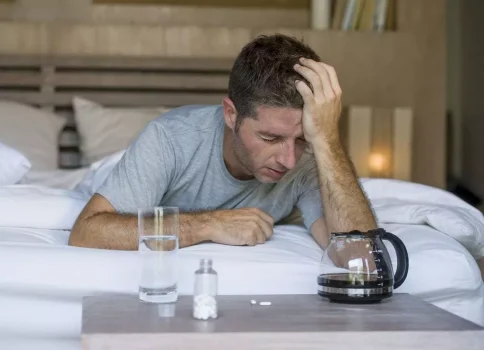
Checking in with another person in your life who’s trying to stop drinking can certainly help you ride out a craving with someone who understands. Below, we’ll explore why cravings happen and offer a few tips to manage them, from in-the-moment techniques to long-term coping strategies. “Alcohol cravings can be very intense, especially in early recovery,” explains Ruby Mehta, licensed clinical social worker and director of clinical operations for digital recovery platform Tempest. There have already been several retrospective studies that have found associations between GLP-1 treatments and lower risks of alcohol and opioid abuse. But getting help from other people is a natural and wonderfully human thing, whether it’s help with an alcohol problem or heart disease. Accepting what’s happened and accepting help from others are vital steps in living a healthy life.
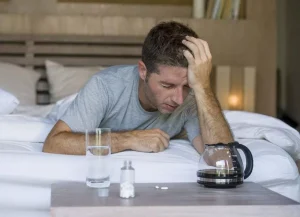
A healthy diet may not only reduce the intensity of alcohol cravings, but it can also support overall mental and physical health – an important aspect of recovery for those struggling with alcohol misuse. For instance, studies have shown that individuals with low levels of =https://ecosoberhouse.com/ vitamin B6, which is involved in the production of neurotransmitters like serotonin, may be more prone to experiencing alcohol cravings. Incorporating foods rich in vitamin B6, such as bananas, avocados, and chickpeas, into one’s diet can help support a healthier brain chemistry and reduce cravings. Alcohol cravings are often a significant obstacle for those seeking to reduce their alcohol consumption or achieve sobriety.
The rest of this chapter weaves together the most compelling data from both types of studies to describe a neurobiological framework for addiction. The study of the anatomy, function, and diseases of the brain and nervous system. The new study comes at a time of increased focus on wellness and prevention, and there’s a growing cultural awareness that limiting how to stop alcohol cravings alcohol can help achieve that goal.
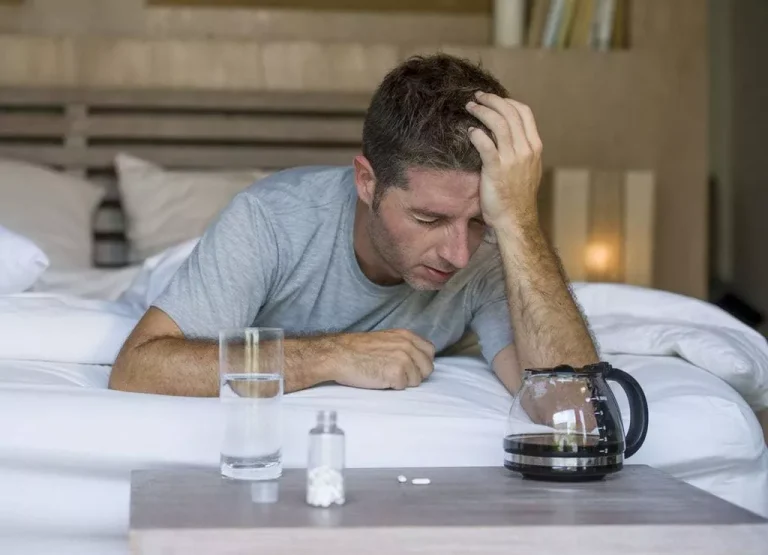
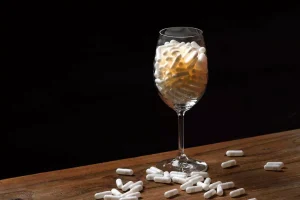
They trigger an endorphin release similar to the one that alcohol stimulates, making them an effective substitute. For example, high-protein foods such as lean meats, fish, tofu, and legumes can help stabilize blood sugar levels and provide the amino acids necessary for neurotransmitter production. These neurotransmitters, like serotonin and dopamine, play a crucial role in regulating mood and cravings. Cravings for alcohol are not merely caused by a weak will or lack of self-control. Rather, they are a result of complex biological processes within the brain.
One symptom of an alcohol use disorder is making repeated efforts to either cut down or avoid drinking and not being able to do it. At that point, you should talk to your primary care physician or go to a self-help or mutual-help program. The Alcohol Treatment Navigator from the National Institute on Alcohol Abuse and Alcoholism can help identify options available in your area. It’s well-known that drinking too much alcohol increases the risk for a range of health problems, including high blood pressure, stroke, breast cancer, liver disease and depression.